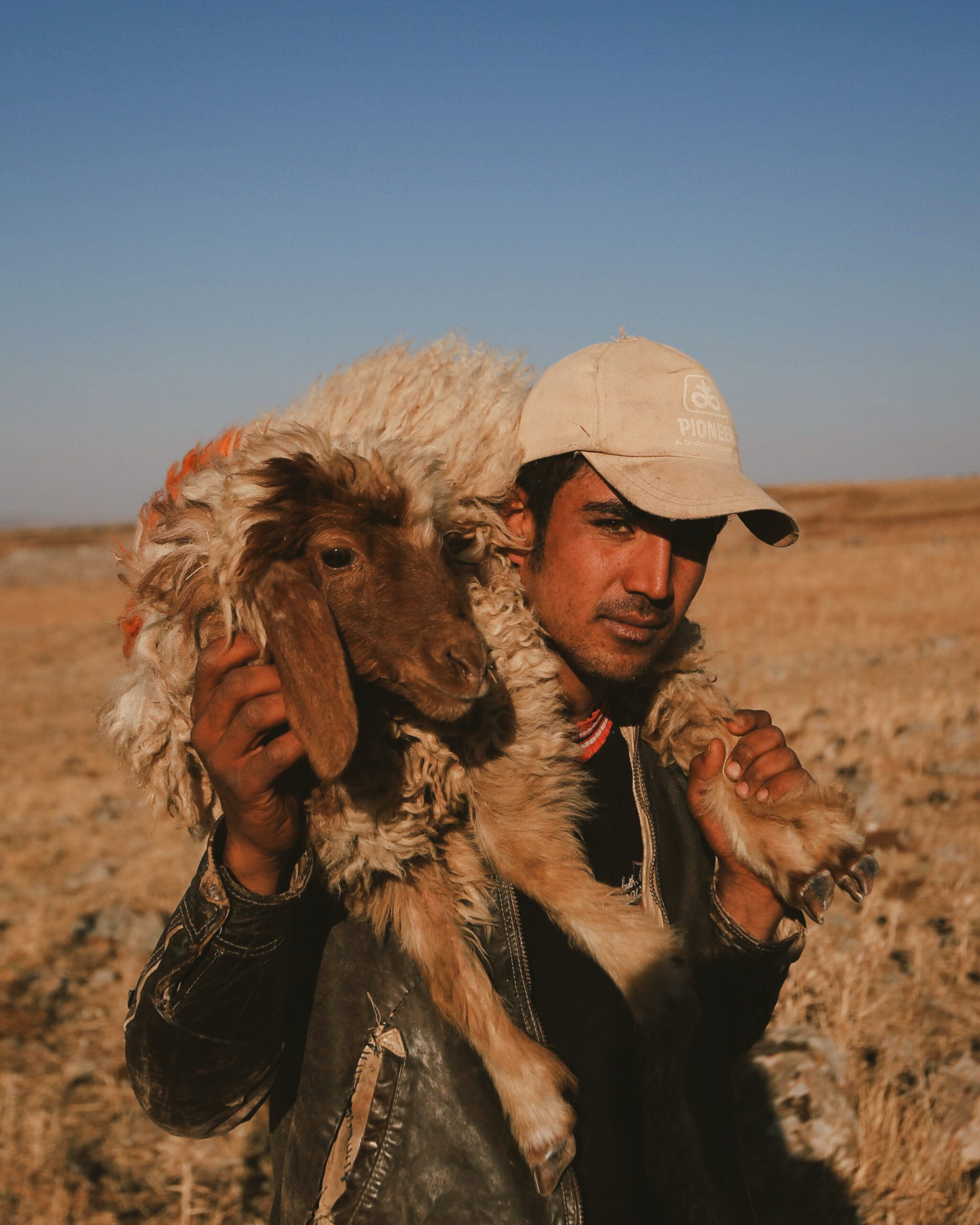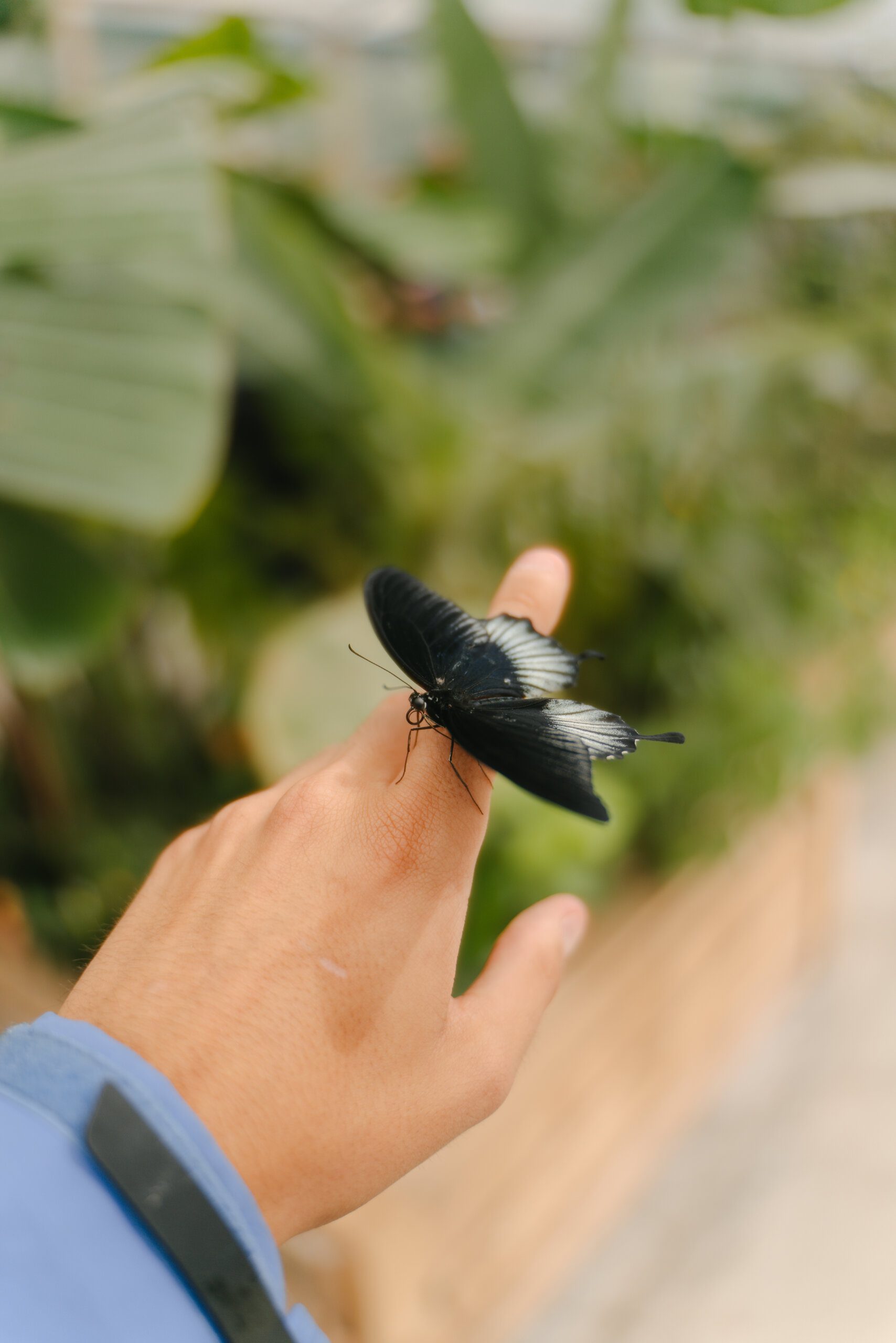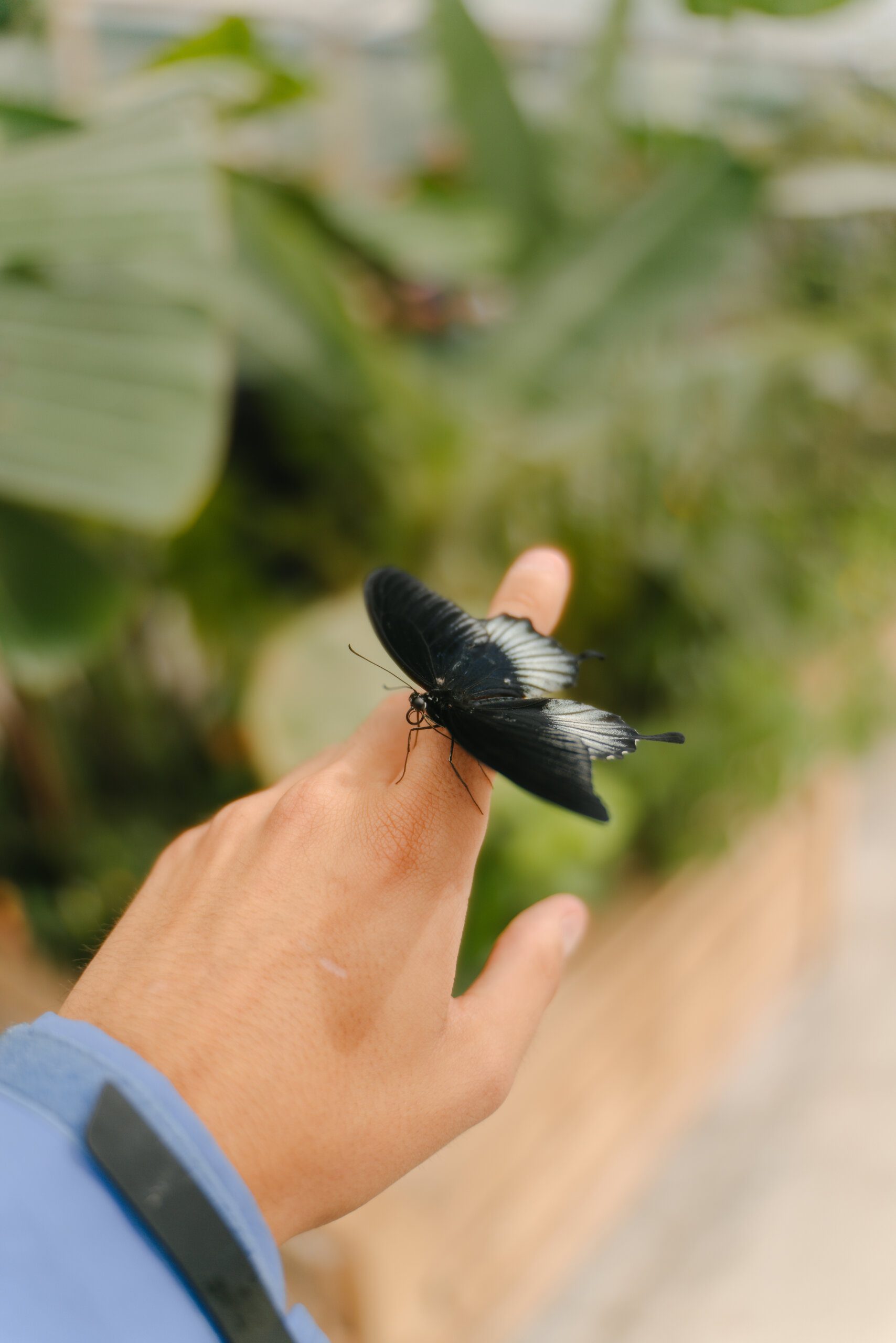Are Capybaras Easy to Care For? If you’ve ever wondered about keeping a capybara as a pet, you may be curious about the level of care they require. Well, let me tell you, capybaras are surprisingly low-maintenance pets! They are social, friendly creatures that require minimal grooming and feeding. With their laid-back demeanor, they make perfect companions for those seeking a unique pet that demands less attention compared to more traditional options. So, if you’re considering adding a capybara to your family, you’ll be pleasantly surprised by how easy they are to care for!

Capybara Basics
Physical Characteristics
Capybaras are large, herbivorous rodents that are native to South America. They are best known for their semi-aquatic lifestyle and resemblance to oversized guinea pigs. On average, they can reach a length of 3 to 4 feet and weigh between 77 and 146 pounds. Capybaras have dense, coarse fur that can range in color from reddish-brown to gray, providing them with protection and insulation. They have slightly webbed feet, which enable them to swim and navigate through marshy areas with ease. Their eyes and ears are positioned on top of their head, allowing them to stay alert and vigilant even while partially submerged in water.
Habitat
Capybaras are naturally found in the wetlands, swamps, and grassy areas of South America, including countries like Brazil, Venezuela, Colombia, and Argentina. They are highly adapted to these environments, with their webbed feet and ability to hold their breath underwater for several minutes. Capybaras are social animals, often forming herds and living near bodies of water such as rivers, lakes, and ponds. They are excellent swimmers and spend a significant amount of their time in the water to regulate their body temperature and evade predators.
Social Nature
Capybaras have a highly social nature and are known to be very friendly and affectionate towards both their fellow capybaras and humans. They are incredibly social animals and usually live in large family groups, consisting of an adult male, several adult females, and their offspring. These social structures help them feel secure and offer protection against predators. Capybaras also exhibit a special bond with their owners and can become quite attached to their human caretakers. They enjoy being petted, groomed, and spending time interacting with their owners, making them a delightful and engaging pet to have.
Legal Considerations
Legality as Pets
Before considering a capybara as a pet, it is important to research and understand the legalities surrounding their ownership. While capybaras are legal to own as pets in some areas, they may be prohibited or require special permits in other jurisdictions. It is crucial to check with local authorities, such as wildlife agencies or exotic pet regulations, to ensure that owning a capybara complies with all legal requirements.
Ownership Requirements
Owning a capybara comes with certain responsibilities and requirements to ensure the well-being of the animal and the safety of others. These may include obtaining a permit, providing a suitable habitat, and meeting specific dietary and healthcare needs. Capybaras require sufficient space to roam and explore, as well as companionship from both their own species and humans. Additionally, they need ample access to water for swimming and cooling off, as it is an essential part of their natural behavior.

Feeding Capybaras
Dietary Needs
Capybaras are strict herbivores, meaning their diet consists solely of plant matter. In the wild, they primarily feed on aquatic plants, grasses, and reeds. When kept as pets, it is important to replicate their natural diet as closely as possible to ensure their nutritional needs are met. A balanced diet for a pet capybara should include a variety of fresh vegetables, grasses, hay, and specialized pellet feeds formulated specifically for capybaras. Leafy greens such as romaine lettuce, kale, and spinach can also be offered as occasional treats.
Recommended Food Options
To provide a well-rounded diet, capybaras should be offered a mix of vegetables, such as carrots, bell peppers, broccoli, and zucchini. High-quality grass hay, such as Timothy or Bermuda grass hay, should always be available for them to graze on. Pellet feeds designed for herbivores, like guinea pig pellets, can also be included in their daily feeding regimen. It is important to ensure that the food provided is fresh, clean, and free from pesticides or chemicals. Fresh water should be available at all times, both for drinking and for capybaras to enjoy a quick splash or swim.
Housing Capybaras
Outdoor Enclosures
Capybaras require spacious and secure outdoor enclosures to thrive in a domestic setting. These enclosures should be equipped with sturdy fencing that is tall enough to prevent escape, as capybaras are excellent climbers and jumpers. The enclosure should include both grassy areas and shallow water features, such as a pond or a large, sturdy container that allows them to swim and fulfill their natural aquatic needs. Adequate shelter should also be provided to protect capybaras from extreme weather conditions, such as heatwaves or cold snaps.
Indoor Living Spaces
While capybaras are primarily outdoor animals, it is essential to provide them with access to an indoor space where they can seek refuge during inclement weather or at night. Indoor living spaces should be spacious enough to allow capybaras to move freely. A soft and comfortable bedding area, such as straw or blankets, should be provided for them to rest and sleep. It is important to ensure proper ventilation and maintain a suitable temperature within the indoor area to prevent overheating or chilling.

Enrichment and Exercise
Enrichment Activities
Capybaras are intelligent animals that require mental stimulation and enrichment activities to stay happy and content. Providing a range of enrichment activities can help prevent boredom and promote physical and mental well-being. Toys such as floating balls, puzzle feeders, and chew toys can be introduced to keep capybaras engaged and entertained. Offering different textures, smells, and hiding spots in their enclosure can also provide sensory enrichment and mimic their natural habitat.
Exercise Needs
Capybaras are active animals that require regular exercise to maintain their physical health and prevent obesity. With their affinity for water, swimming is an excellent form of exercise for capybaras and should be encouraged by providing a suitable swimming area within their enclosure. Additionally, capybaras should have access to open spaces where they can graze and explore. Supervised outdoor sessions and walks on a harness can also be an opportunity for capybaras to stretch their legs and enjoy a change of scenery.
Grooming and Hygiene
Coat Care
Capybaras have a unique coat that requires regular grooming to keep it clean and healthy. Their dense fur can easily become tangled or matted, so it is important to brush them regularly with a soft-bristled brush or comb. This helps remove any debris or loose hair and prevents the formation of mats. Regular grooming also allows owners to check for any signs of parasites or skin issues that may require attention. If mats or tangles cannot be easily brushed out, it is best to seek professional grooming assistance.
Dental Care
Like other rodents, capybaras have continually growing teeth. Providing suitable chew toys and dental treats that help wear down their teeth is crucial for maintaining their dental health. Regular veterinary check-ups are essential to assess their dental condition and identify any potential issues. Additionally, capybaras should have access to a variety of fibrous vegetation, such as hay or grass, which also aids in keeping their teeth naturally filed down.
Bathing
Capybaras are semi-aquatic animals and thoroughly enjoy bathing in water. Their natural inclination towards water helps keep their skin clean and healthy. Offering regular opportunities for them to swim or providing shallow pools for them to soak in can help fulfill their bathing needs. However, it is important to note that capybaras should not be bathed with soap or shampoo, as it can disrupt their natural oil balance and lead to skin problems.
Healthcare for Capybaras
Vet Visits
Regular visits to an experienced veterinarian who specializes in exotic animals are essential for the overall health and well-being of capybaras. Vet visits allow for routine check-ups, vaccinations, and preventive care. During these visits, the veterinarian will assess general health, perform necessary examinations, and address any concerns or questions that owners may have. Regular veterinary care also helps identify and treat any potential health issues before they become severe.
Vaccinations
Just like any other pet, capybaras require vaccinations to protect them against common diseases. Vaccination schedules and types of vaccines may vary depending on the region and local veterinary recommendations. It is important to consult with a knowledgeable veterinarian to determine the appropriate vaccinations for capybaras in the specific area where they are being kept as pets.
Parasite Prevention
Capybaras can be susceptible to various parasites, including ticks, fleas, mites, and internal parasites such as worms. Regular grooming, inspections, and preventive treatments recommended by a veterinarian can help keep these parasites at bay. Ensuring a clean and sanitary living environment, as well as maintaining strict hygiene practices, can help minimize the risk of infestations and ensure the well-being of capybaras.
Capybara Behavior
Communication
Capybaras utilize various forms of communication to interact with others. Vocalizations, such as barks, whistles, and purrs, are common ways for capybaras to express their emotions or alert others to potential dangers. They also use body language, such as postures and gestures, to communicate with their herd members and humans. Understanding the nuances of capybara communication can help owners better interpret their needs, emotions, and ensure a strong bond of understanding between them.
Reproduction
Capybaras are known for their prolific breeding habits. They reach sexual maturity at around one year of age, and females can reproduce every eight months. Breeding pairs engage in extensive courtship rituals, which can include vocalizations, physical contact, and scent marking. Female capybaras give birth to litters of two to eight pups, which are born fully furred and with their eyes open. Proper understanding of capybara reproductive behavior is crucial for owners to prevent unintended pregnancies and ensure the well-being of both parents and offspring.
Aggression
While capybaras are generally docile and friendly, certain factors can trigger aggressive behavior in them. These factors may include stress, territorial disputes, lack of socialization, and fear. It is important for owners to provide capybaras with a safe and secure environment, and to monitor their interactions with other animals and humans. Early socialization, positive reinforcement training, and understanding their body language can help minimize the chances of aggressive behavior and promote a harmonious living environment.
Interactions with Humans and Other Animals
Interaction with Children
Capybaras are generally tolerant and gentle with children when they are properly socialized from a young age. However, it is important to supervise interactions between capybaras and children to ensure the safety of both. Children should be taught how to approach and interact with capybaras respectfully, avoiding sudden movements or loud noises that could startle them. Researching proper handling techniques and consulting with experts can provide useful guidance for promoting positive interactions between capybaras and children.
Compatibility with Other Pets
Capybaras have a generally peaceful nature, making them compatible with certain other domesticated animals. However, introducing capybaras to other pets should be done gradually and with careful supervision. Dogs and cats can be potential companions for capybaras if they are well-behaved, non-aggressive, and compatible in size. Close monitoring of initial interactions is necessary to ensure the well-being of all animals involved. Introducing capybaras to small pets, such as rodents or birds, is not recommended, as their natural instincts may pose a threat to these smaller animals.
Training and Bonding
Positive Reinforcement Techniques
Training capybaras using positive reinforcement techniques can help establish a bond of trust and facilitate desirable behaviors. Reward-based training, using treats or verbal praise, allows capybaras to associate positive experiences with certain actions or commands. It is essential to approach training sessions with patience, consistency, and respect for the capybara’s natural behaviors. Working with an experienced animal trainer or participating in training classes specifically designed for capybaras can provide valuable guidance and support.
Building Trust
Establishing a bond of trust is crucial for a rewarding relationship with a capybara. Spending quality time with them, providing regular positive interactions, and respecting their boundaries are essential steps in building trust. Gradually introducing new experiences, environments, and individuals can help capybaras feel secure and confident. By being patient, understanding, and nurturing, owners can create a strong bond based on trust and mutual respect, ultimately enhancing the well-being of capybaras and the joy of their companionship.
In conclusion, capybaras are fascinating animals that can make delightful and engaging pets for those who have the appropriate living conditions, legal permissions, and commitment to their care. Understanding their physical characteristics, social nature, dietary needs, and other aspects of their care ensures that capybaras can thrive in a domestic setting. Providing a suitable habitat, enrichment and exercise opportunities, proper grooming and healthcare, and fostering positive interactions with humans and other animals are all essential in ensuring the well-being and happiness of capybaras. With the right approach, care, and love, you can forge a deep bond with your capybara and enjoy the unique companionship they offer.



